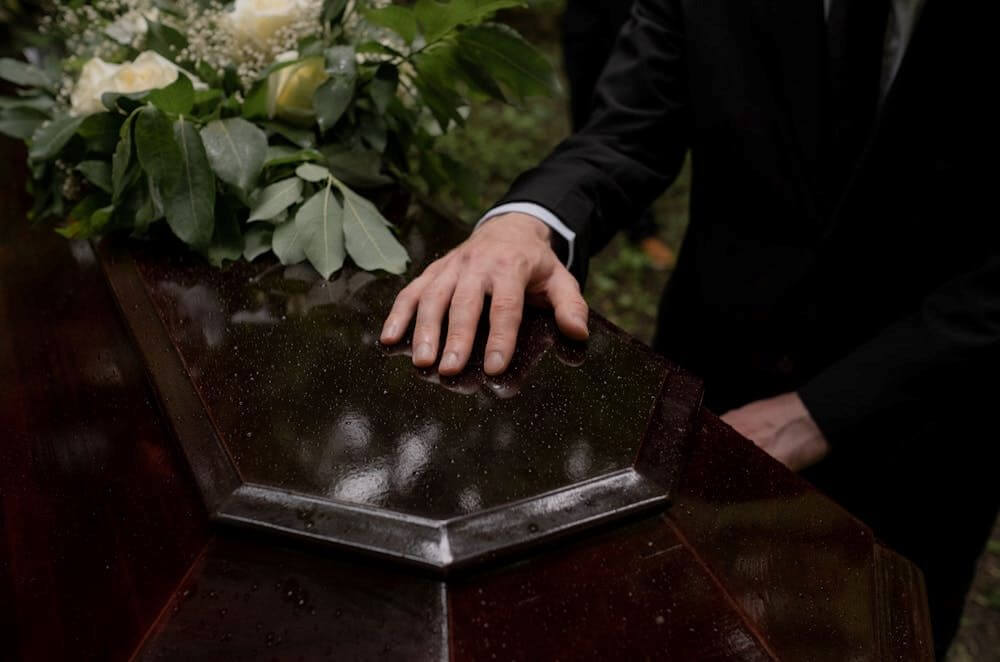Losing a loved one is always difficult, but when it happens overseas, the situation can feel even more overwhelming. In addition to coping with grief, families may face complex challenges like legal paperwork, transportation logistics, and unfamiliar rules. This is where repatriation services come into play, helping families bring their loved one home safely and respectfully.
- What Are Repatriation Services?
- Why Might Families Need Repatriation Services?
- Steps to Take When a Loved One Passes Away Overseas
- 1. Contact Local Authorities and Embassy
- 2. Obtain a Death Certificate
- 3. Choose a Funeral Home or Repatriation Service
- 4. Coordinate Transport Arrangements
- 5. Plan for Arrival and Funeral at Home
- Important Considerations for Repatriation
- How Funeral Homes Assist With Repatriation
For those who want to be prepared for all possibilities, understanding repatriation services is essential. It can also be helpful to pre plan funeral arrangements in advance, so families have a clearer path to follow during an emotional time.
What Are Repatriation Services?
Repatriation services refer to the process of transporting the body of a deceased person from a foreign country back to their home country for funeral or burial. This process is complicated and requires coordination between various parties, including funeral homes, consulates, airlines, and government departments.
Repatriation ensures that the deceased is returned safely and in accordance with local and international regulations. These services handle everything from securing necessary permits to arranging transportation and preparing the body for the journey.
Why Might Families Need Repatriation Services?
There are several reasons why families may require repatriation services:
- The loved one passed away while travelling or living abroad.
- The family prefers to have the funeral in the deceased’s home country.
- There are cultural or religious reasons for returning the body home.
- The family wants to keep the deceased close for memorial purposes.
Each family’s situation is unique, but repatriation services provide crucial support in all cases. In the case of a death overseas, having a pre plan funeral arrangement can guide families in making timely decisions, and funeral homes are often able to assist with coordinating repatriation and the funeral service smoothly.
Steps to Take When a Loved One Passes Away Overseas
If a loved one passes away abroad, there are several important steps families need to follow:
1. Contact Local Authorities and Embassy
The first step is to notify the local police or medical authorities where the death occurred. The family should also contact their country’s embassy or consulate. These offices can provide guidance on legal requirements and assist with repatriation paperwork.
2. Obtain a Death Certificate
A death certificate issued by the local authorities is essential for repatriation. It confirms the death and provides official documentation required by airlines and government departments.
3. Choose a Funeral Home or Repatriation Service
Families should contact a funeral home experienced in repatriation or a specialised repatriation service provider. These professionals handle the logistics of preparing and transporting the body and assist with permits and documentation.
4. Coordinate Transport Arrangements
Transporting a body internationally involves strict regulations, including embalming and use of a sealed coffin. The funeral home or repatriation service will coordinate with airlines and authorities to ensure compliance.
5. Plan for Arrival and Funeral at Home
Once the body arrives home, families can make arrangements for the funeral or memorial service. Pre planning a funeral before a crisis can simplify these steps, providing a clear plan for loved ones to follow.
Important Considerations for Repatriation
Legal and Documentation Requirements
Each country has different laws about repatriating a deceased person. It is important to work with experts who understand these regulations. Documents such as a local death certificate, embalming certificate, and transit permits may be needed.
Costs Involved
Repatriation can be expensive due to transportation, embalming, paperwork, and other services. Families should discuss costs upfront with funeral homes or repatriation providers to avoid surprises.
Timing and Delays
Because of the complexity of repatriation, delays can occur due to paperwork or flight schedules. It’s important to be patient and work closely with the service providers handling the process.
Emotional Support
Losing someone far from home can be isolating. Funeral homes and repatriation services often offer emotional support or referrals to grief counselling to help families through the process.
How Funeral Homes Assist With Repatriation
Funeral homes experienced in repatriation play a vital role. They liaise with foreign authorities, arrange embalming and transportation, and coordinate with airlines and customs officials. By handling these details, funeral homes allow families to focus on healing.
Additionally, funeral homes can provide advice on pre planning a funeral and how to integrate repatriation needs into those plans. This expertise is invaluable for families dealing with the unfamiliar challenges of an overseas death.
The loss of a loved one overseas brings many unique challenges, but repatriation services provide essential support to bring the deceased home with care and respect. Understanding the steps involved and working with experienced professionals can make a difficult time more manageable.
If you or your family are travelling or living abroad, it’s wise to learn about repatriation and consider pre planning a funeral. Being prepared can bring peace of mind and allow you to focus on what matters most — supporting each other and remembering the life of your loved one.

















